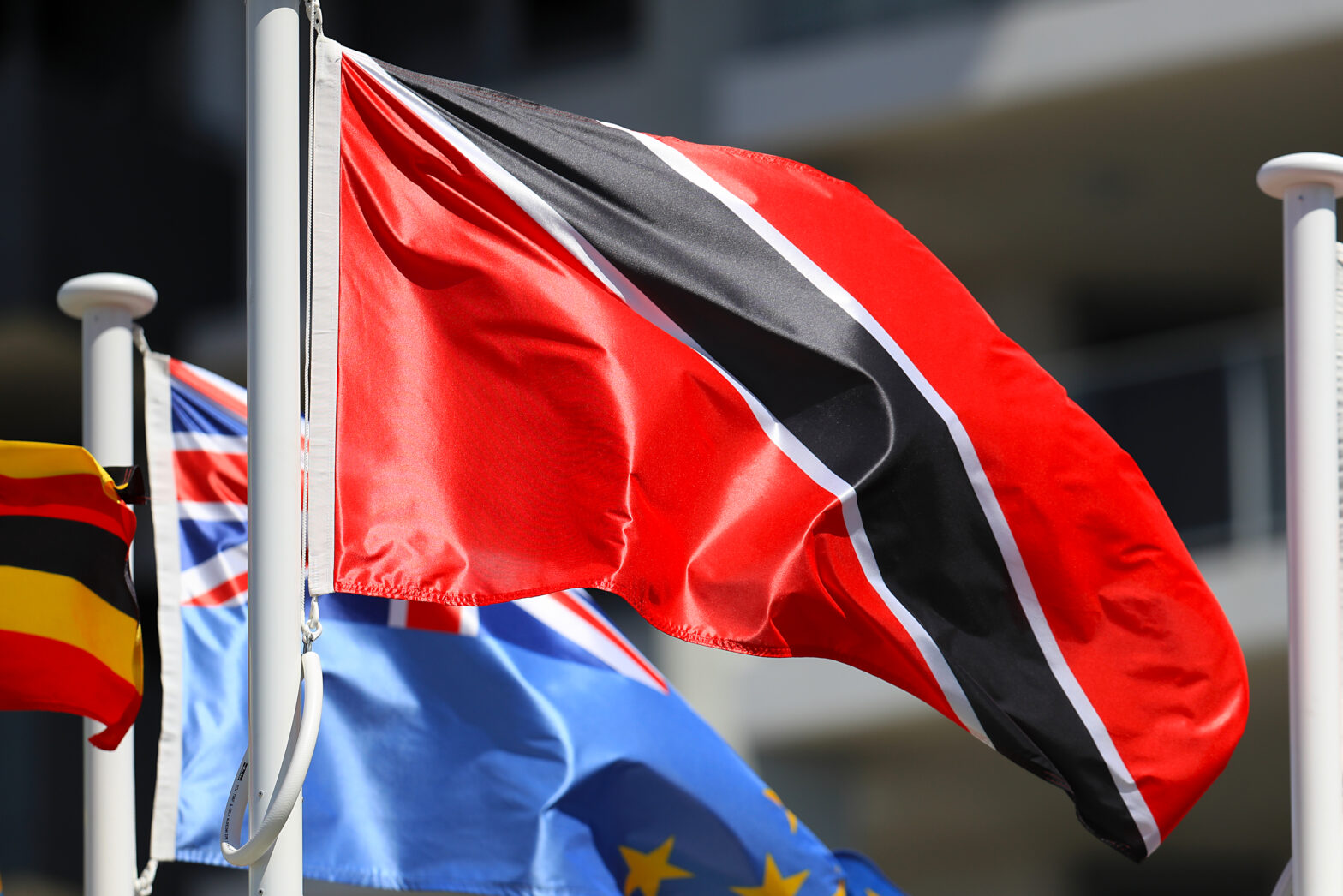Trinidad and Tobago announced plans to redraw its national coat of arms as part of its efforts to rid itself of colonial symbols.
The dual-island Caribbean nation will swap out the depiction of Christopher Columbus’ three ships with the steelpan, a percussion instrument with its roots on the island. The current coat of arms originated from 1962 when Trinidad and Tobago gained independence from the UK. It features Columbus’ three ships — the Pinta, the Nina, and the Santa Maria.
Alongside are hummingbirds, a palm tree, and a scarlet ibis, the national bird of Trinidad. This design has remained unchanged for over six decades. However, on Sunday, August 18, 2024, Prime Minister Keith Rowley announced the plan to modify the coat of arms. The announcement came during Rowley’s ruling People’s National Movement party convention and was met with a standing ovation. This signals strong support for the change.
Why Is Trinidad And Tobago Removing Columbus’ Ships From Their Coat Of Arms?
Removing Columbus’ ships from the coat of arms is part of a broader movement to eliminate colonial vestiges from national symbols and institutions. According to Aljazeera, Prime Minister Rowley said, “That should signal that we are on our way to removing the colonial vestiges that we have in our constitution.”
This move aligns with a global trend of reassessing and removing symbols associated with colonialism and historical injustices. In recent years, many countries and cities worldwide have taken similar steps. Different locations have dismantled statues of Columbus or other colonial figures. Many in Trinidad and Tobago have welcomed the decision to replace the ships with the steelpan. The steelpan is a musical instrument that originated on the island. It has been seen as a celebration of local culture and identity.
Additionally, the government has announced a public hearing regarding the potential removal of specific monuments, signage, and statues associated with colonialism. On top of that, Prime Minister Rowley has advocated for abandoning the UK King’s Privy Council as the country’s highest court of appeal. This move would further distance the nation from its colonial past.





